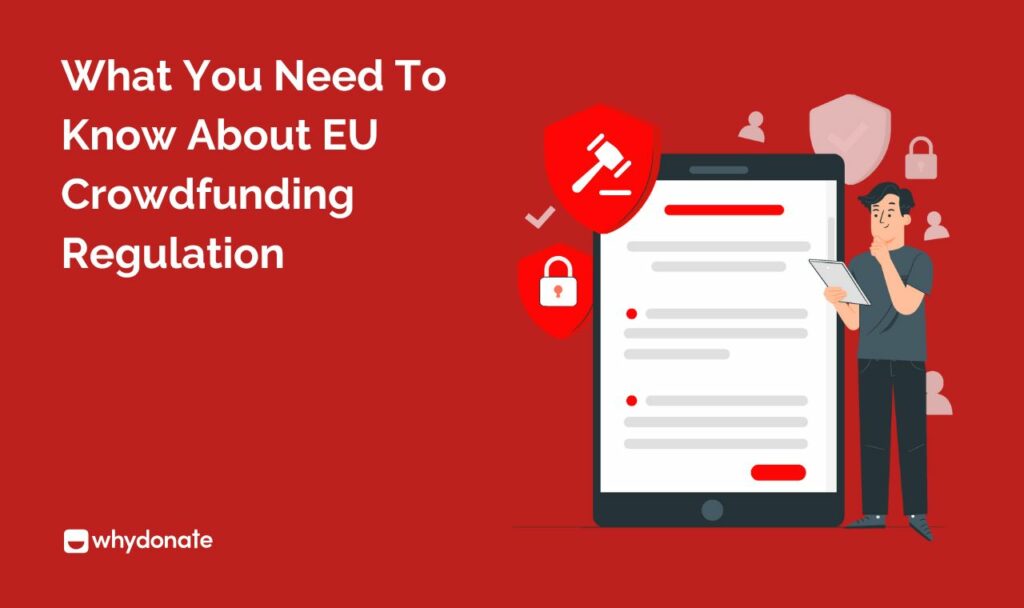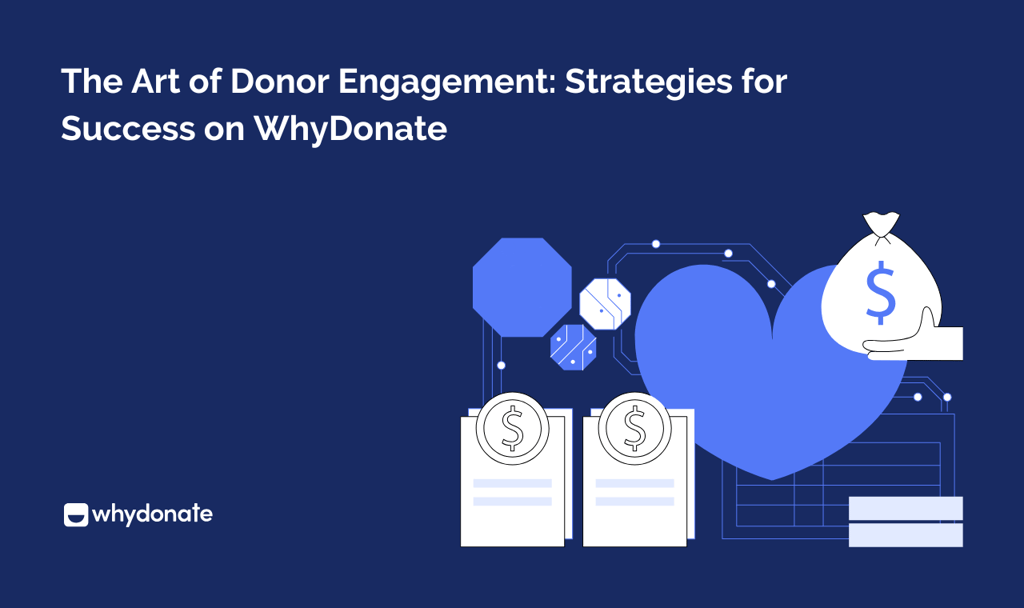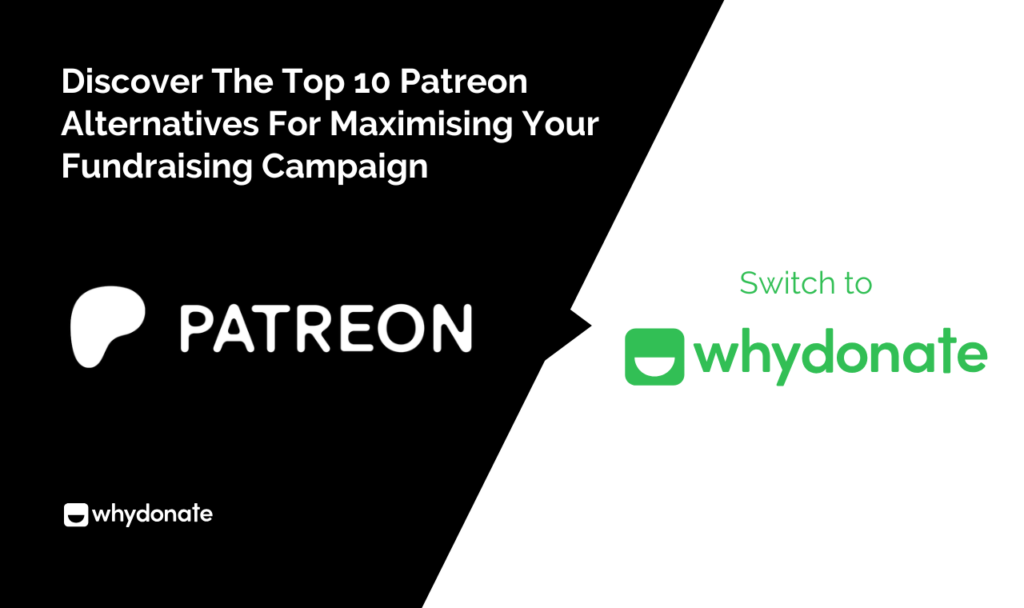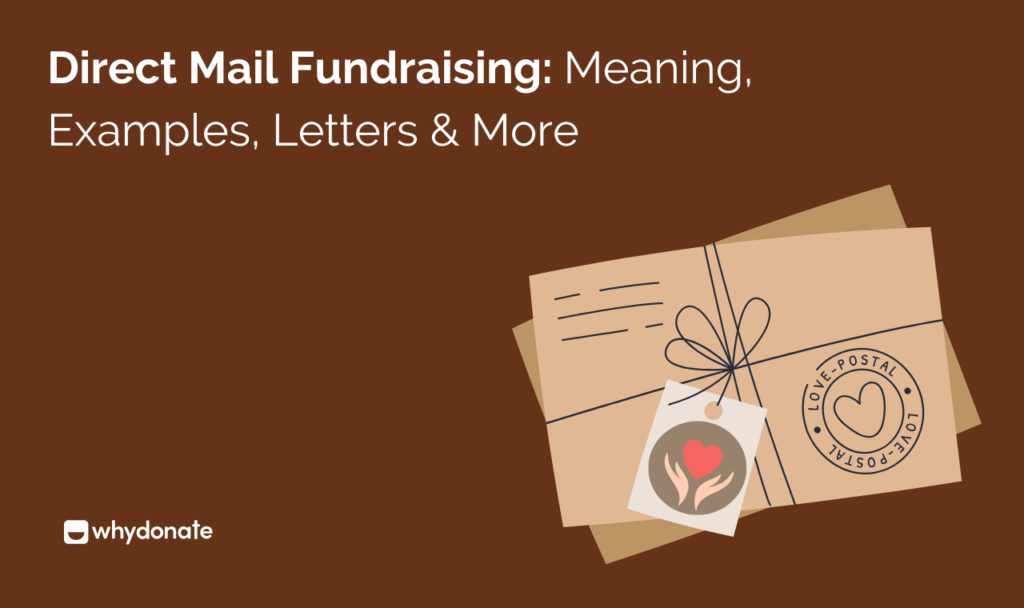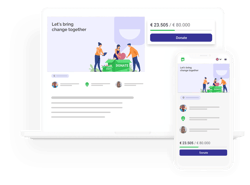Table of Contents
What Is Crowdfunding Regulation?
Crowdfunding regulation refers to the legal and regulatory framework governing raising funds from many individuals through online platforms or social media. Regulation of Crowdfunding platforms protects investors, ensures transparency and fairness, and promotes market integrity.
Crowdfunding in Europe can take different forms, including equity-based, reward-based, donation-based, and debt-based. Each crowdfunding type presents additional risks and opportunities and requires different regulatory approaches.
Reward-based crowdfunding involves the pre-sale of a product or service, in which backers receive a reward or perk for their contribution. This crowdfunding type is generally unregulated as it does not sell securities or provide investors with financial returns.
Donation-based crowdfunding involves the solicitation of funds for charitable or social causes without any expectation of financial returns. This type of crowdfunding is typically subject to regulations from non-profit and charitable organizations.
Crowdfunding regulation varies by jurisdiction, and there is a growing need for harmonization and standardization of regulatory frameworks. Regulation Crowdfunding platforms in Europe aim to balance protecting investors and promoting innovation and entrepreneurship.
Overall, crowdfunding regulation is essential to ensure the sustainability and growth of the crowdfunding industry, protect investors from fraud and scams, and promote fair and transparent market practices.
Start your crowdfunding campaign informed and compliant with the latest crowdfunding regulations.

Donation-Based V/S Reward-Based Crowdfunding Regulation
Donation-based and reward-based crowdfunding are two different crowdfunding models with unique features and various regulatory requirements. Donation-based crowdfunding is a model in which individuals or organizations donate money to a project or cause without expecting anything in return. This type of crowdfunding is often used for charitable or social causes and is considered a better fundraising model.
Platforms like WhyDonate enable businesses and individuals to raise money for their cause with 0% platform fees. It is a better alternative if you wish to reach a larger audience and raise funds from over 400K donors. This Netherlands-based crowdfunding platform is ideal for those who wish to collect money for their fundraising campaigns.
Regarding regulation, donation-based crowdfunding is generally subject to fewer regulatory requirements as donations are not viewed as investments.
On the other hand, reward-based crowdfunding is a model where individuals contribute money to a project or venture in exchange for a reward, which could be a product or service. This type of crowdfunding is often used for creative projects. Reward-based crowdfunding is subject to more regulatory requirements as it is viewed as a form of investment.
In terms of regulation, the difference between the two models lies in the level of investor protection required. With reward-based crowdfunding, investors exchange money for a product or service, and therefore, there is a higher risk of fraud or misrepresentation. As a result, reward-based crowdfunding is subject to more regulation of crowdfunding, including securities laws that require companies to provide detailed information about their financials, business plans, and risks to investors.
In contrast, donation-based crowdfunding is not subject to the same level of regulation, as donors are not expecting any return on their investment. However, some regulatory requirements still apply to donation-based crowdfunding, such as rules around fraud prevention and the use of funds raised.

Why Is Crowdfunding Regulation Important In Europe?
Crowdfunding regulation can have several benefits for both investors and companies seeking funding. Some of these benefits include:
1. Protection For Investors
Regulation crowdfunding platforms can help protect investors by requiring companies to disclose more information about their business and financials. This can help investors make more informed decisions about where to invest their money and manage their payment services.
2. Reduced Fraud
Regulation can also help reduce fraud by requiring companies to meet specific standards and follow certain guidelines. This can help prevent companies from taking advantage of unsuspecting investors.
3. Increased Transparency
Regulation can also increase transparency in the crowdfunding process by requiring companies to provide regular updates and financial reports to investors. This can help investors stay informed about the progress of their investments.
4. Improved Access To Capital
Regulation can help improve access to capital for small businesses and startups that may need help raising funds through traditional sources. By providing a more secure and transparent crowdfunding platform, more investors may be willing to participate and provide funding.
5. Increased Credibility
Regulation can also increase the credibility of the crowdfunding industry. By establishing clear rules and standards, investors may be more likely to view crowdfunding as a legitimate investment option.

In A Nutshell
Overall, donation-based and reward-based crowdfunding models have unique features and regulatory requirements. When deciding which type of crowdfunding to use, it is essential to consider the project’s goals, the target audience, and the level of investor protection required. Crowdfunding Regulation can help create a more secure and transparent crowdfunding environment, benefiting investors and companies seeking funding.
